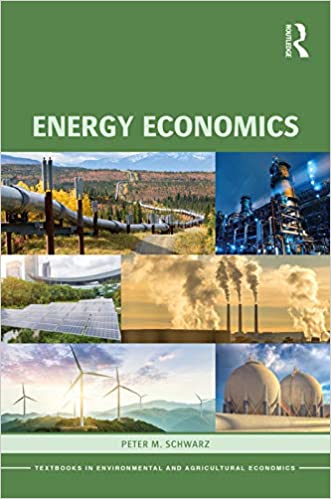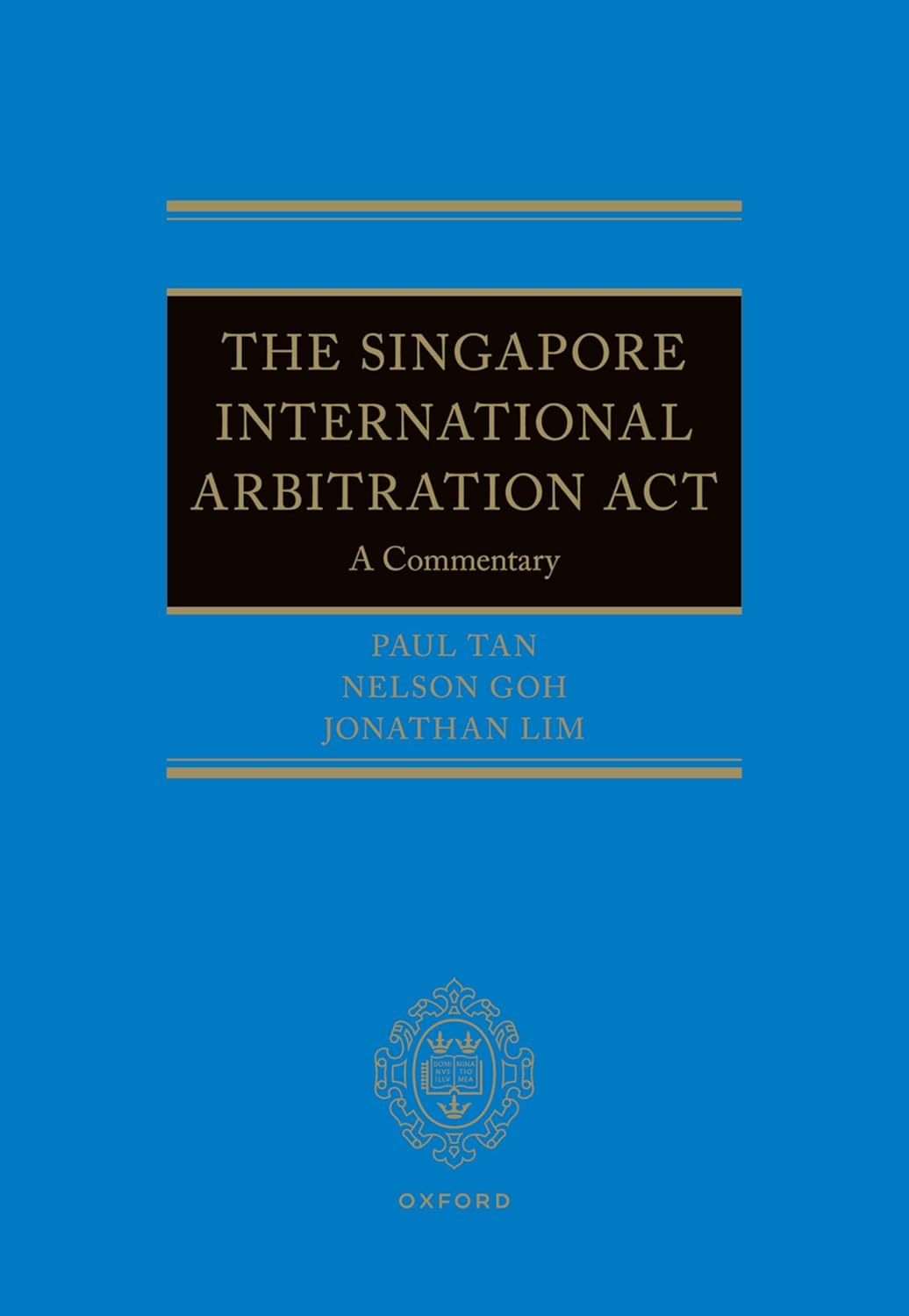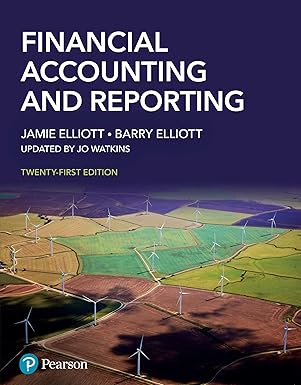With interest in topics such as climate change, energy security, and alternative energy sources being at an all-time high, the effects of today's decisions now rest on the shoulders of future generations. There are no easy answers to our energy issues, so costs and benefits must be considered when evaluating all energy alternatives; alongside that, prices must be right and need to reflect the full social costs to society of a given source of energy.
Energy Economics outlines the fundamental issues and possible solutions to the challenges of energy production and use, and presents a framework for energy decisions based upon sound economic analysis. It considers market forces and policy goals, including economic prosperity, environmental protection, and other considerations that affect societal well-being. This book focuses on both energy choices and the impact of these choices on market performance, environmental conditions, and sustainability. The initial section covers the fundamental economic concepts for analyzing energy markets. Following this, a detailed analysis of established energy sources, specifically fossil fuels and nuclear energy, leads into consideration of energy alternatives such as renewable energy and next-generation alternatives. Electricity production and regulatory trends are covered in depth. The final section considers policy: environmental considerations, sustainability, and energy security. The concluding chapter is a comprehensive vision for our energy future.
Drawing on current energy headlines, perspectives familiar from the popular press, and views outside economics, this text sharpens students' ability to understand, evaluate, and critique policy using appropriate economic analysis. The text builds a foundation that culminates in a view of a comprehensive energy policy that improves upon the vacillations of past decades.
چکیده فارسی
با توجه به اینکه علاقه به موضوعاتی مانند تغییرات آب و هوایی، امنیت انرژی و منابع انرژی جایگزین در بالاترین حد خود قرار دارد، تأثیرات تصمیمات امروز اکنون بر دوش نسل های آینده است. هیچ پاسخ آسانی برای مسائل انرژی ما وجود ندارد، بنابراین هنگام ارزیابی همه جایگزین های انرژی باید هزینه ها و منافع را در نظر گرفت. علاوه بر آن، قیمتها باید مناسب باشند و باید هزینههای اجتماعی کامل یک منبع انرژی معین برای جامعه را منعکس کنند.
Energy Economics مسائل اساسی و راهحلهای ممکن برای چالشهای تولید و استفاده از انرژی را تشریح میکند، و چارچوبی برای تصمیمگیریهای انرژی بر اساس تحلیل اقتصادی صحیح ارائه میدهد. نیروهای بازار و اهداف سیاست، از جمله رونق اقتصادی، حفاظت از محیط زیست، و سایر ملاحظاتی را که بر رفاه اجتماعی تأثیر میگذارند، در نظر میگیرد. این کتاب بر روی انتخاب های انرژی و تاثیر این انتخاب ها بر عملکرد بازار، شرایط محیطی و پایداری تمرکز دارد. بخش اولیه مفاهیم اساسی اقتصادی برای تجزیه و تحلیل بازارهای انرژی را پوشش می دهد. پس از این، تجزیه و تحلیل دقیق منابع انرژی تاسیس شده، به ویژه سوختهای فسیلی و انرژی هستهای، به بررسی جایگزینهای انرژی مانند انرژیهای تجدیدپذیر و جایگزینهای نسل بعدی منجر میشود. تولید برق و روندهای نظارتی به طور عمیق پوشش داده شده است. بخش آخر سیاست را در نظر می گیرد: ملاحظات زیست محیطی، پایداری و امنیت انرژی. فصل پایانی یک چشم انداز جامع برای آینده انرژی ما است.
این متن با تکیه بر سرفصلهای فعلی انرژی، دیدگاههای آشنا از مطبوعات رایج و دیدگاههای خارج از اقتصاد، توانایی دانشآموزان را برای درک، ارزیابی و نقد خطمشی با استفاده از تحلیل اقتصادی مناسب تقویت میکند. این متن پایهای را ایجاد میکند که به یک سیاست جامع انرژی ختم میشود که بر اساس نوسانات دهههای گذشته بهبود مییابد.
ادامه ...
بستن ...










